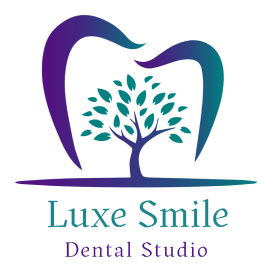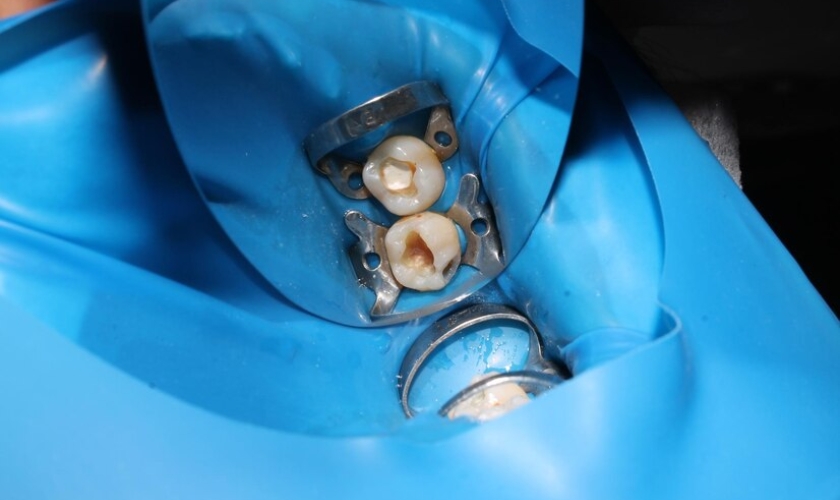How Diet Affects Bone Grafting Success: What You Eat Could Influence Your Recovery


If your dentist has suggested you undergo a bone grafting surgery for dental implants, injury recovery, or reconstructive surgery, most patients focus on the procedure itself. However, what happens after the surgery is just as critical as the operation. Your diet plays a powerful role in determining how well your body heals. Healing bones aren’t just about rest and time; you need the right nutrients that actively support cell regeneration, collagen formation, and mineralization.
If your body doesn’t get the right nourishment, your bone graft may fail to integrate properly. And in some cases, it may never heal at all.
Why Bone Grafts Need More Than Just Surgery
Bone grafting is about placing bone tissue from your body, a donor, or synthetic substitutes into a weakened or missing bone area. This allows growth of new bone, and restoration of strength and stability at the operated site. But grafts don’t work in isolation. They rely on your body’s natural healing systems, which are deeply tied to your diet.
A nutrient-rich diet improves your body’s ability to:
- Stimulate osteogenesis (new bone formation)
- Reduce inflammation and infection
- Enhance collagen production
- Speed up tissue regeneration
Without the right nutrition, your body might struggle to perform even the most basic healing functions. For bone grafting, that could be the difference between long-term success and costly complications.
Protein: The Foundation of Bone Repair
Recovering from a bone graft can be time-consuming if your diet lacks protein. Protein is your best friend when you are healing from a surgery. Collagen, the primary protein in bones, requires a steady supply of amino acids. Low protein intake can delay tissue repair, weaken immune response, and impair wound healing.
Best protein sources for recovery:
- Eggs
- Greek yogurt
- Chicken breast
- Lentils and beans
- Whey protein isolate (especially if your appetite is low post-surgery)
For most adults, the ideal amount of protein intake during recovery ranges from 1.2 to 2.0 grams per kilogram of body weight per day. This ensures your body has what it needs to rebuild and regenerate.
Calcium and Vitamin D: The Bone-Building Duo
Calcium is the mineral your bones are made of. Without it, your graft lacks the structural support it needs to integrate. But calcium alone isn’t enough. Your body also needs vitamin D to absorb calcium efficiently and transport it to your bones.
Foods rich in calcium:
- Dark leafy greens (kale, spinach, bok choy)
- Sardines and canned salmon (with bones)
- Fortified plant-based milk
- Almonds
For vitamin D:
- Fatty fish (like salmon and mackerel)
- Egg yolks
- Fortified milk or orange juice
- A bit of sunshine (15 minutes daily)
Low vitamin D levels are shockingly common and can quietly undermine your recovery. Studies show that insufficient vitamin D is linked with poor graft success and slower healing.
Vitamin C: More Than Just an Immune Booster
Vitamin C is essential for collagen synthesis. It also acts as a powerful antioxidant, reducing oxidative stress and inflammation—two enemies of post-surgical recovery.
Not getting enough vitamin C could slow down tissue regeneration and weaken your immune defense against infection. Bone grafts are especially vulnerable during the early healing phase, making this vitamin critical.
Top vitamin C-rich foods:
- Bell peppers (especially red)
- Strawberries
- Kiwi
- Oranges
- Broccoli
Since your body doesn’t store vitamin C well, daily intake is key—aim for at least 75-90 mg per day, and more if you’re healing.
Magnesium and Zinc: The Unsung Heroes
Magnesium is a leading component in over 300 enzymatic reactions in your body, including those linked to bone repair. Zinc, on the other hand, supports cellular regeneration and helps prevent infection.
Magnesium-rich foods:
- Pumpkin seeds
- Quinoa
- Black beans
- Avocados
- Dark chocolate
Zinc-rich foods:
- Oysters
- Beef and lamb
- Chickpeas
- Cashews
Bone graft failure has been correlated with zinc deficiency in some studies. While these nutrients may not be as famous as calcium or vitamin D, they quietly do the heavy lifting in tissue repair and immunity.
Foods That Harm Bone Healing

Just as some foods help your graft thrive, others can sabotage it. If you want your graft to heal properly, avoid:
1. Sugary Foods and Beverages
Excess sugar intake exposes you to the risk of inflammation and can interfere with the immune response.
2. Excessive Caffeine
High caffeine intake may hinder calcium absorption and increase calcium loss through urine.
3. Alcohol
Even moderate drinking can impair bone healing and reduce new bone formation, especially in the first few weeks post-surgery.
4. Processed Foods
Heavily processed foods often lack the nutrients needed for recovery. They may also contain additives that can cause inflammation.
5. Smoking (Yes, it’s not a food—but it matters)
Nicotine significantly reduces blood flow, oxygenation, and nutrient delivery to healing tissues. It drastically increases graft failure risk.
Hydration: Often Overlooked, Always Important
Water supports every metabolic function in the body. You also need it for bone regeneration. Dehydration reduces nutrient transport, limits toxin removal, and can delay tissue healing.
Aim to drink at least 12 to 18 glasses of water per day, more if you’re taking medications or eating a high-protein diet.
Supplements: Should You Consider Them?
In an ideal world, we’d get everything from food. But post-surgical recovery isn’t always ideal. Supplements can help fill gaps, especially if you’re not eating much due to discomfort or nausea.
Common supplements recommended after bone grafts:
- Calcium with vitamin D3
- Vitamin C
- Magnesium glycinate
- Zinc gluconate
- Collagen peptides or hydrolyzed collagen
Always talk to your dentist or oral surgeon before starting any supplements, especially if you’re on medications or have underlying health conditions.
Healing Isn’t Just About Time—It’s About Choices
Many patients assume that bone graft healing is automatic. But your body can’t heal well if it’s missing the nutrients it needs. Each meal you eat after surgery is either helping or hindering your progress.
By focusing on whole foods, lean proteins, essential vitamins, and hydration, you give your graft the best possible chance of success. It’s not about dieting—it’s about healing with intention.
Bone graft success isn’t left to chance or just the skill of your surgeon. Your diet plays a central role in whether the graft integrates fully or falls short. What you put on your plate today could determine how well your body heals tomorrow. So don’t just follow post-op instructions—help your recovery.



